Fitbit data show long-term effects of COVID-19
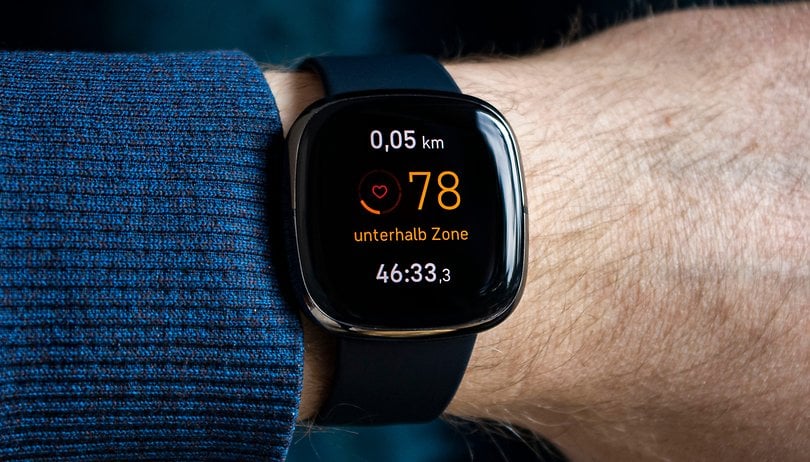

Read in other languages:
A study concerning data from Fitbit users shows how COVID-19 infection affects the human body in the long term. The most noticeable effect is the resting pulse rate of the users, although both sleep and movement are also affected by a coronavirus infection.
- On average, it takes 79 days after recovering from a coronavirus infection for the resting pulse to return to normal.
- Significant effects are also seen in sleep and activity levels.
- Fitness trackers may allow early detection in the future.
The study looked at 875 Fitbit users who showed symptoms of acute respiratory illness. Out of these, 234 tested positive for COVID-19 while 641 did not. In order to investigate the effects of coronavirus infection, the SRTI (Scripps Research Translational Institute) compared the long-term changes in the vital signs recorded by the wearable devices.
The most obvious change seen was in resting heart rate. After the onset of symptoms, COVID-19-infected individuals had an elevated resting heart rate for an average of 79 days. In 32 individuals (13.7 percent), the resting heart rate was elevated by more than five beats per minute for over 133 days. These recovered patients also tend to be sufferers who documented more severe symptoms during the study.
There were also measurable effects on both sleep and step count. After an average of 24 days, sleep had largely returned to normal in those who were tested positive. It took an average of 32 days for physical activity to return to normal levels.

The data were collected as part of a study conducted by the Scripps Research Translational Institute (SRTI) between March 2020 and January 2021. A total of 37,146 people participated in that study to provide long-term data from their wearable devices. In principle, I find the topic to be extremely exciting, as we have seen in recent months with the coronavirus warning app and other similar software. There is a lot of potential for controversy.
By the way, I also mentioned wearables and pandemics with then Withing's co-founder Cédric Hutchings back in 2017. Back then, the question was how data gathered by wearable devices could be used to track the spread of disease within the population.
The conclusion? Technically, it wouldn't be a big challenge, although it would be from an organizational point of view. And organizationally, this means you have to collect data and place it in a central location in order to analyze it; doing so while complying with data protection and privacy laws in order to ensure data security.
Would you (or maybe do you already) provide data from your fitness trackers to help curb the spread of a disease or to help in the research of a disease? I look forward to a (civilized :D) discussion on this topic in the comments.
On another related note, I found it fascinating to see Fitbit's own study on how COVID-19 can be diagnosed, if necessary, through data typically collected by fitness trackers.
Via: Fiercehealthcare Source: JAMA Network / SRTI






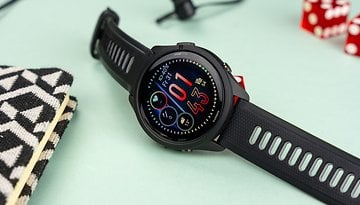
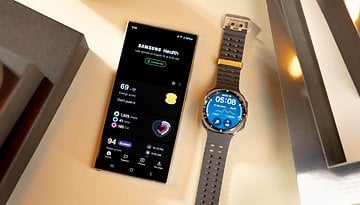
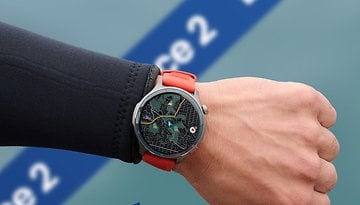

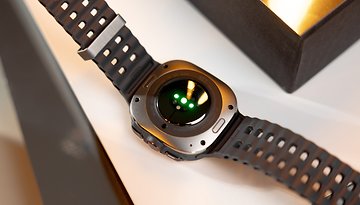
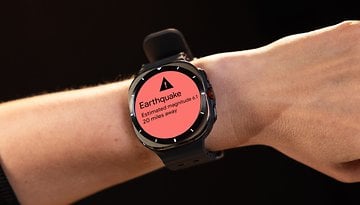


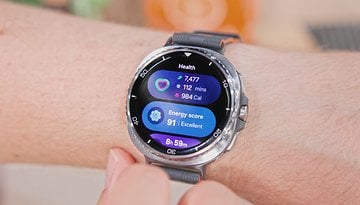


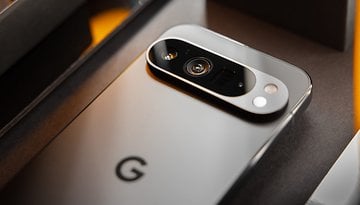


Moshe Strugano (Attorney - Moshe Strugano and Co Law firm) says that COVID-19 bring only long term effect on every business. No matter what you do, it affect all of us.